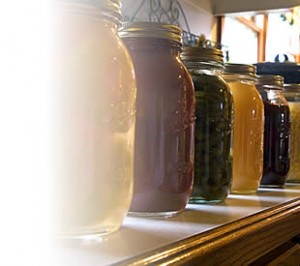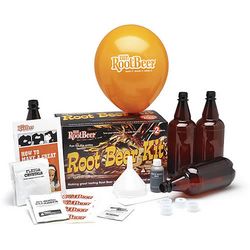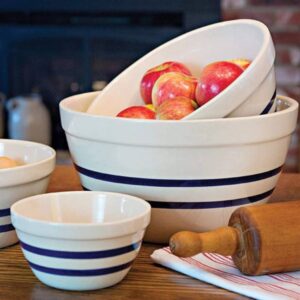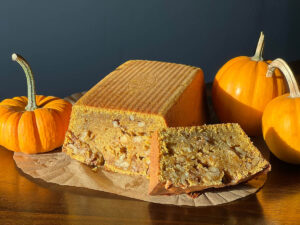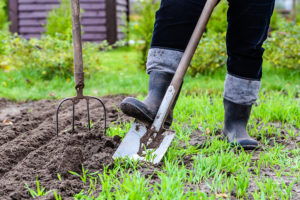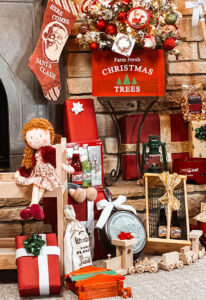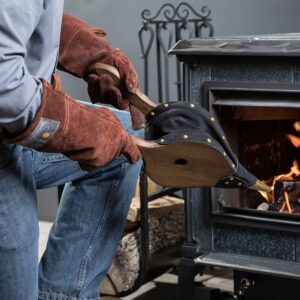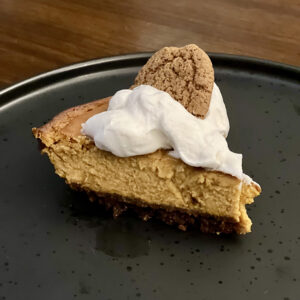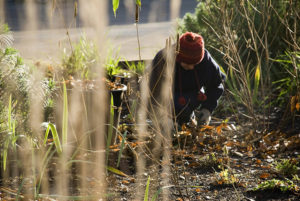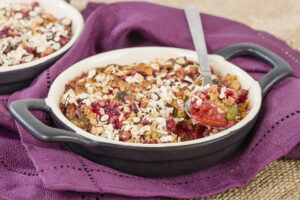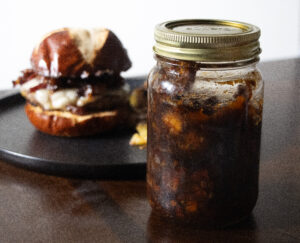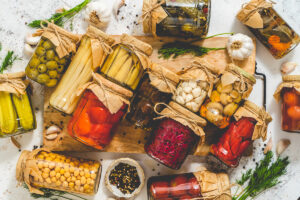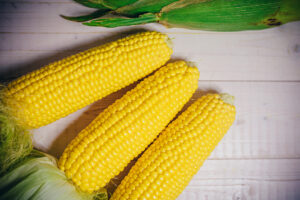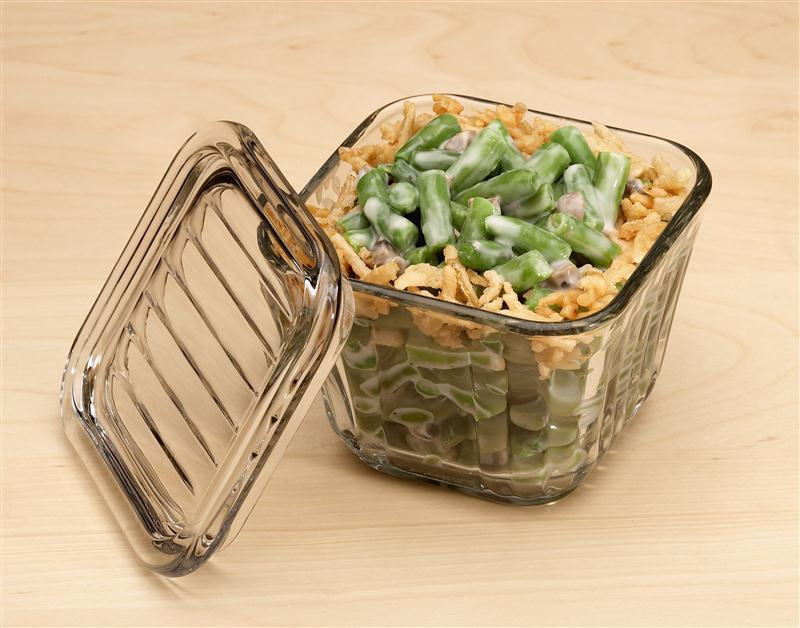
I recently read the astounding and horrifying statistic that 40% of food purchased is wasted. Much of that waste happens in the kitchen. How many times have you cleaned out your refrigerator and found things tucked into plastic bags and lidded containers and not been able to identify the contents with any certainty? I know I have and, given the number of hungry people on the planet, I can see it as nothing less than a sin. It was a particular problem for me because I’m so used to cooking for a crowd. Now that there are only the four of us at home, I’m having trouble cooking appropriate amounts. I started to take the leftover situation around here seriously a while back and I made a couple of discoveries.
The most important should come as no surprise to anybody. Plastic is bad for food. Food that is left sitting in plastic goes bad more quickly than food stored in glass or cloth. Plastic hold odors and it can acquire a film of grease that’s hard to remove. While I do use some plastic boxes for storing food in my freezer, I have stopped using it in the refrigerator and the result is much less food waste.
When I store leftovers in Mason jars or those lovely, vintage looking Baking and Storage Dishes, I can see what I have so it isn’t forgotten. It’s easy to transfer straight to the table, the freezer or the microwave. When one is emptied, it cleans up beautifully, either by hand or in the dishwasher without leaving grease or smell behind. I mean. really! Who wants to eat vanilla custard that tastes faintly of lasagna? Not me.
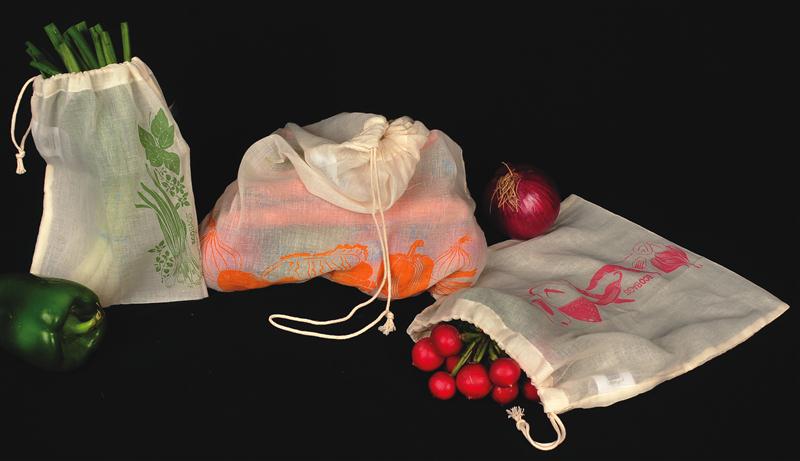
Not all things fare well in glass. Garden produce and cheeses need other containers. I like the Produce Bags for most of my fruits and vegetables. The bags breathe so moist, fragile foods like grapes and lettuce don’t mold as quickly. I have been wrapping my cheese in wax-dipped cheese cloth and that’s working very well. Leftover meat is wrapped in aluminum foil, which can be purchased as a recycled product, and recycled when it gives up the ghost. Now I can see at a glance what I have to use up.
I have also found that the glass has a longer life span than the plastic. We aren’t talking about delicate stemware here. This glass is heavy and durable. I have dropped it on my wood floors and never had it break. The plastic gets warped and it cracks. Often the lids refuse to seal after a few times.
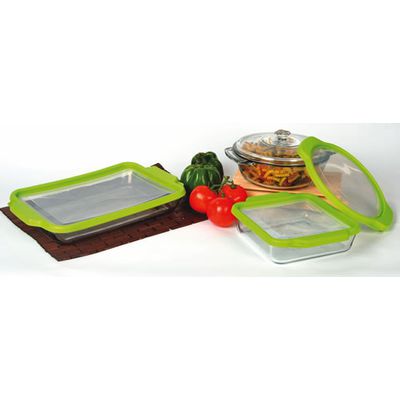
The glass is not inexpensive. But given its advantages I find it a better value. Plastic is cheap for a reason. Ultimately, it’s designed to be thrown away, clogging our landfills with non-recyclable refuse. The final problem is that plastic is a petroleum product. It is seldom made in America, unlike glass, which is often manufactured in the US, supporting local economies with a product that can be reused and recycled. Buying inexpensive, imported plastic is another case of false economy.
We had meatloaf last week. I had quite a bit left over. I put some in a plastic box with a lid and some in a glass box. The next day, the glass held meatloaf was gone. Bruce had heated it up for lunch. The plastic container was never touched. I finally ate it on day three but I know that if I hadn’t it would have fed the pigs!


